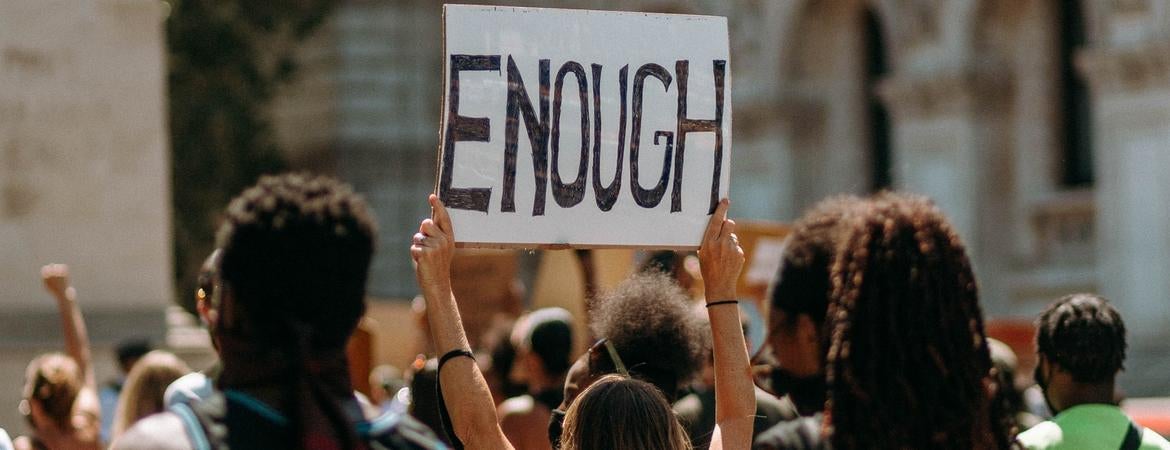
A pair of researchers at the University of California, Riverside, has proposed a new model of “cultural trauma” that describes how traumas such as colonization, hate crimes, and recent anti-immigrant media and policies may drive health disparities in many U.S. cultural groups.
Traditionally, studies of group traumas such as collective, mass, racial, and historical trauma have focused on the immediate or long-term physical or psychological effects of these mass traumas on affected groups. But, in their new model, Andrew Subica and Bruce Link identify cultural trauma as a trauma against the culture and health-sustaining cultural resources of traumatized groups, calling it an “overwhelming and often ongoing physical or psychological assault or stressor perpetuated by an oppressive dominant group on a cultural group through force, threats of force, or oppressive policies.”
“It is not only an assault on a person’s physical body or psychological well-being as in the traditional view of clinical traumas such as physical assault, sexual assault, or combat,” said Subica, associate professor in the Department of Social Medicine, Population, and Public Health in the UCR School of Medicine and lead author of the paper that appears in the journal Social Science and Medicine. “Cultural trauma stands out because it involves assaulting and damaging the very culture of people itself.
"Because we know a person’s culture is vital to their self-identity and ability to navigate the world around them to get their basic health and social needs met, our paper suggests that by damaging or destroying a group’s culture, cultural trauma robs people of important resources for protecting their health against diseases such as obesity, cancer, or COVID-19.”
To support their case, Subica and Link invoke the well-known fundamental cause theory to explain how this loss of cultural resources creates or worsens health disparities across generations. According to the theory, which Link, a distinguished professor in the UCR School of Public Policy and a coauthor on the paper, co-developed in the mid 1990s, “health disparities persist due to underlying social factors that disadvantage certain groups in accessing resources for protecting health and avoiding disease.”
Guided by this theory, Subica and Link argue that cultural trauma may be an unrecognized fundamental cause of health disparities.
“Ultimately, our model links cultural trauma to health disparities from a resource deprivation and social disadvantage perspective,” said Subica, who is also trained as a clinical psychologist and serious mental illness and trauma researcher. “Until now, no one has suggested this using fundamental cause theory. Following cultural trauma, impacted groups are socially disadvantaged and exposed to pervasive stress, stigma, and diminished resources, all of which perpetuate health disparities and increase their risk for illness and death.”
Subica and Link also offer several intervention approaches to address health disparities associated with cultural trauma. The first restores damaged cultural practices through racial socialization, traditional practices, and cultural education. The second mobilizes communities to restore lost cultural resources. The third involves public actions, such as protests, that raise the dominant group’s awareness of the harmful effects of ongoing cultural traumas among minority groups.
“A multipronged approach may be needed to reduce health disparities,” Subica said. “It would need to focus on restoring access to cultural and other health resources while also healing these traumas’ intergenerational physical and psychological consequences.”
The study was supported by a grant from the National Institute of Mental Health, the lead federal agency for research on mental disorders.
The research paper is titled “Cultural Trauma as a Fundamental Cause of Health Disparities.”
Header photo by Liam Edwards on Unsplash.





